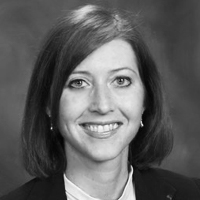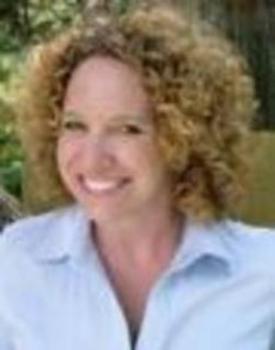Question
What is the OASIS and who does it assess?
Answer
The OASIS stands for the Outcome and Assessment Information Set and is used for gathering data that is submitted to Medicare. It is a complete observation of a home care patient that includes physical, social, mental, emotional, environmental, and socioeconomic barriers. We are not observing just the patient and his/her diagnosis. Rather, the OASIS is used to observe all aspects of a patient; how they live, their environment and their goals.
The data collected is discipline neutral. You may be under the impression that OASIS data collection should be done by registered nurses (RNs) or physical therapists (PTs). However, the OASIS is put together by the Centers for Medicare and Medicaid Services (CMS) as a data collection system that spans across all disciplines. It is written and designed in such a way that anyone with a higher degree in health care should be able to collect this information. It truly is not specific to nurses or physical therapists.
The data is used to determine a level of care. Once the data is collected it is submitted to Medicare (CMS), and the level of care will determine what kind of reimbursement the home health agency will get. The data is submitted at the very beginning when the patient is admitted to home health services. The home health agency is paid according to the level of care. Currently, we are paid prospectively, in advance of providing that care. We tell CMS, “This patient is at this particular level; they will need these services, and this much care,” and Medicare says, “Here is some money to take care of this patient.” If we do not use all the resources (e.g., the patient is discharged early for some reason), the unused money will be paid back. That is the purpose of the OASIS is.
If there are nursing orders, the RN must complete a start of care OASIS. That is a Medicare requirement. There are many agencies that, even if there is a “therapy-only” start of care, will send nurses out anyway. That is not the most efficient use of resources. If there are no nursing orders, a PT or SLP can complete the start of care OASIS. Under Medicare regulations, the occupational therapist (OT) cannot stand alone. The OT does not do the initial start of care.
There are other types of OASIS that are completed in addition to the initial, start of care OASIS. There is a follow-up OASIS, re-certification (re-cert) OASIS, and discharge OASIS. These can be completed by all disciplines (RN, PT, OT, SLP).
The OASIS-C1 assesses Medicare and Medicaid patients 18 years and older who are receiving skilled services, with the exception of patients receiving services for pre- or post-natal conditions. Patients receiving only personal care, homemaker or chore services are excluded, since these are not considered skilled. Patients who are eligible must need some type of skilled therapy or skilled nursing care.
Patients must be established as being homebound, according to CMS’s definition, prior to receiving these services. There is a lot of talk about homebound status. There is good information in the OASIS manual that discusses what ‘homebound’ means. It does not mean that the patient has to be bedfast. It does not mean that the patient never leaves the house. There are instances where the patients can leave the house. For example, they can go to the doctor, get some groceries, go to church or get their hair done. They can go out for special occasions, perhaps to a grandchild’s wedding or to a graduation ceremony. That is the exception, not the rule. It does not mean that they cannot leave the home, but there needs to be a taxing effort involved in leaving. That should be well documented as you are seeing these patients for service.


